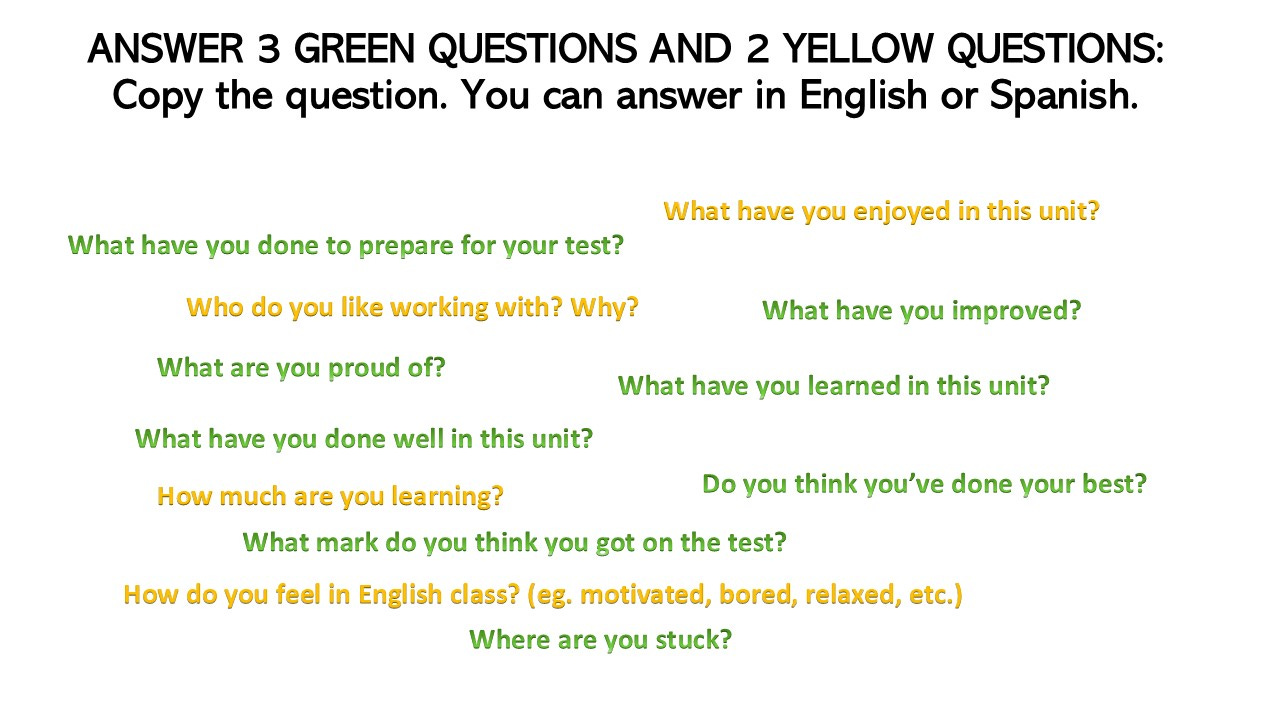This post is part 12 of the series Fresh Foundations which is about helping you create a sustainable and joyful language learning routine. If you subscribe, you’ll get access to the previous posts and receive a new one every weekday in January.
Congratulations on Completing Another Week!
This week, we focused on productive skills, and you’ve accomplished a lot:
Equipped yourself with basic theory about how languages are learned
Used writing as a way to practice output
Improved your pronunciation through shadowing
Spoken in your target language
You’ve put in a lot of work, and I hope you’re already seeing some glimmers of progress. Even small steps add up over time, so take a moment to recognize your efforts.
The Importance of Reviewing and Reflecting
Since it’s Friday, we’re going to review what we’ve done this week and plan for the week ahead. But before we do, let’s talk about why reviewing and reflecting are so important.
When I worked in a language school, I used to give my teenage students a progress test after every unit. At the end of the test, I asked them to reflect by answering a few questions:
The yellow questions helped me monitor their experience in class, but I wasn’t trying to gather data with the green questions. My goal was to guide them through the process of thinking about their learning. This process of reflecting and planning is called metacognition—and it’s a key skill for successful language learning.
In fact, research has shown that while both successful and less successful learners use a variety of strategies, effective learners employ more metacognitive strategies like planning, monitoring, and evaluating their progress (Naiman, Fröhlich, Stern, and Todesco, 1978).

What Are Metacognitive Strategies?
Metacognitive strategies involve thinking about your own learning. Metacognition is often defined as “thinking about thinking.” When you plan how to approach a task, monitor your performance, evaluate it, and make adjustments, you’re using metacognitive strategies.
Developing a physical skill usually gives us a clear example of this concept. For example, I’m in the early stages of learning to play golf. Before each practice swing, I plan how I’m going to hit the ball. While swinging, I focus on where my hands, hips, and the ball are. (This is still very challenging for me, but I manage it sometimes!) Then, based on where the ball goes, I evaluate my approach and execution and plan adjustments for the next swing.
The same process happens with good language learners. By planning tasks, monitoring your performance, evaluating it, and making adjustments, you’re constantly improving. That’s why I recommend taking time to review your practice once a week.
(If you’re interested in learning more about the strategies of successful language learners, I invite you to listen to episode 1 of the Love to Lingo Podcast. )
Today’s Task:
Schedule your learning time for next week.
Review your week by answering these questions:
What’s gone well?
What could’ve gone better? (Is there something you could try differently next time?)
What are your priorities for next week?
If you want to inspire others, why not share your review in the comments! I’d love to hear about how it’s all going so far.
Next week, we’re getting into the mechanics of language: grammar and vocabulary. You’ll explore whether it’s worth studying grammar, learn techniques to review vocabulary, and start building your own routine by the end of the week.
See you then!
I put a lot of love, thought and effort into these posts and I hope you’re finding them valuable! Please help me improve by completing this quick reader survey. I’d really appreciate it!
References:
Naiman, N., Fröhlich, M., Stern, H.H., & Todesco, A. (1978). The Good Language Learner. Research in Education Series No. 7. Toronto: Ontario Institute for Studies in Education.






